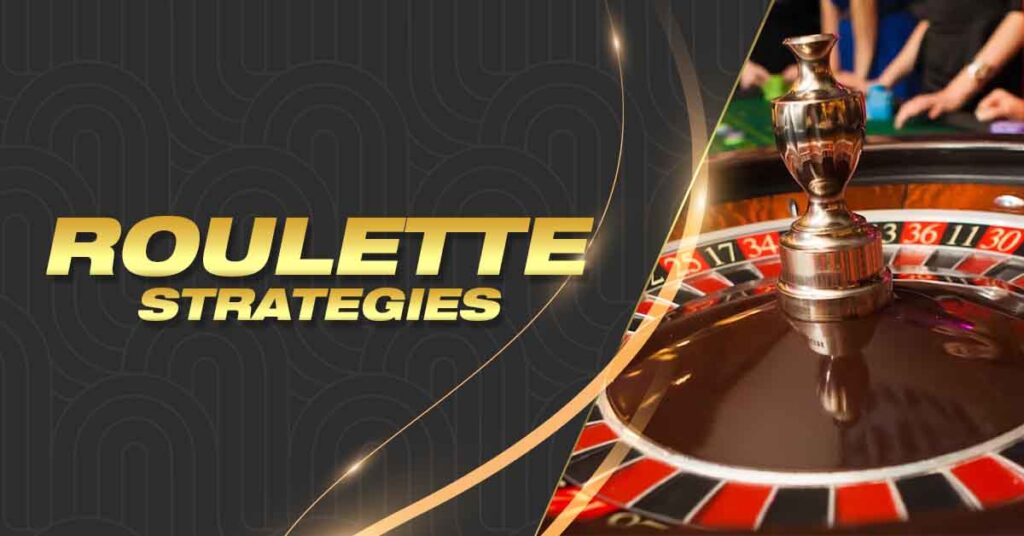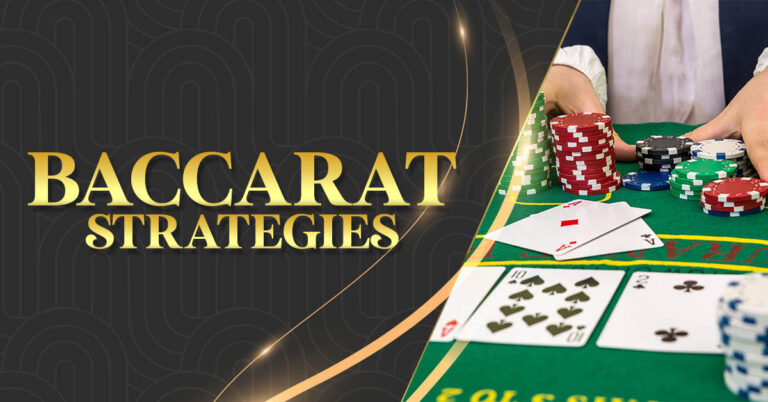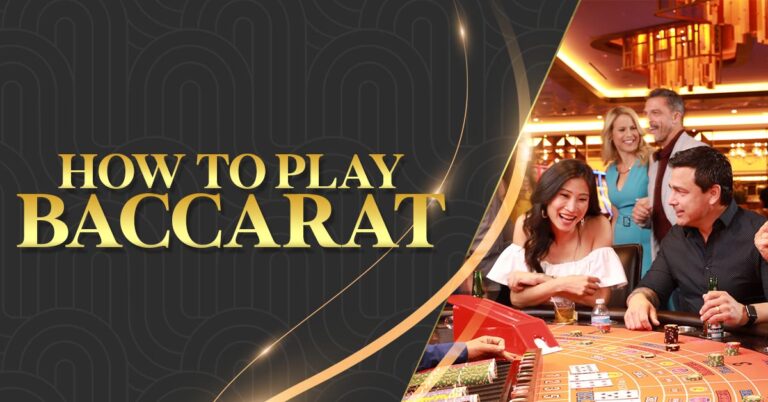Unleash the Power | India24bet Roulette Strategies for Every Player
Roulette stands out as an incredibly versatile casino game, offering an extensive array of betting possibilities for players. This inherent flexibility positions it as an ideal choice for the implementation of various betting systems, and a well-crafted roulette strategy has the potential to yield substantial victories. In the following exploration, we will delve into the most widely recognized strategies and assess their actual efficacy.

Categories of Roulette Strategies
Roulette strategies can be broadly categorized into two main groups: progressive and non-progressive.

Progressive Betting in Roulette
Progressive roulette strategies revolve around adjusting the bet size after each round. This adjustment may occur in incremental steps or be contingent on the outcome of the preceding round. These strategies often entail adhering to a specific betting pattern. Notable examples include the Martingale, D’Alembert, Fibonacci, and Labouchere systems. It is important to note that progressive strategies carry a certain level of risk and typically require a substantial bankroll. Consequently, they may not be the most suitable starting point for beginners or low rollers. Despite the associated risks, some players are drawn to progressive strategies, believing they can help mitigate losses and eventually lead to profitability over the long term.
Non-Progressive Betting in Roulette
On the other hand, non-progressive strategies are simpler in concept, though they still involve a degree of risk. Typically, a non-progressive strategy entails consistently betting the same amount in each round, irrespective of the previous outcomes. An example of a well-known non-progressive strategy is the ‘all in’ approach, where the entire bankroll is placed on a single wager. Non-progressive strategies are often considered more straightforward and may be a preferred choice for shorter-term betting endeavors.
Selecting Optimal Roulette Strategies
Selecting the optimal roulette strategies hinges on your individual playing style. Certain strategies lean towards a more aggressive approach, necessitating a greater portion of your bankroll to be at risk. On the flip side, some are deemed more cautious, involving more conservative betting for modest rewards. Prior to engaging in gameplay, it is crucial to grasp the intricacies of roulette rules and acknowledge that the casino inherently maintains an edge, irrespective of the strategy you adopt.

Martingale Strategy
The Martingale Roulette Strategy stands out as the simplest and most widely adopted betting system for casino games with even money payouts, albeit less applicable to games like slots. This approach necessitates adherence to outside bets, such as odd/even, red/black, or low/high.
Under the Martingale strategy in roulette, after a loss, one must double the bet size. Upon winning, the stake resets to the initial amount—the minimum bet determined based on the available bankroll.
For practical understanding, let’s consider a $2 bet on black for the first spin. A win results in a $4 payout, covering the initial $2 bet and yielding a $2 profit. In the event of a loss, the subsequent bet is increased to $4 for the next spin. This doubling pattern continues, with bets escalating to $8, $16, and so forth after successive losses.
Upon a win, the payout of $32 covers all prior bets ($2+$4+$8+$16=$30) and adds a $2 profit. Following a win, the betting system resets, recommencing with a $2 bet.
For optimal results with the Martingale roulette strategy, a substantial bankroll is recommended. The initial bet should range from 2-3% of the total session amount, preventing situations where doubling the bet becomes financially challenging after a losing streak. Maintaining a predefined betting limit is crucial in any casino game.
D’Alembert Strategy
Introducing the D’Alembert Roulette Strategy, a more sophisticated approach to roulette that shares similarities with the Martingale system. Like its counterpart, the D’Alembert strategy is specifically tailored for bets with even money payouts and is not suitable for straight-up bets in roulette.
Prior to initiating your first bet, it is essential to determine the betting unit’s size based on your available bankroll. The recommended practice for D’Alembert is to use 1% of the bankroll as the optimal unit for a single bet in roulette. The strategy commences with an initial bet of five units, with adjustments involving subtracting one unit after a win or adding one unit after a loss. The minimum bet remains one unit, even if consecutive rounds result in victories.
Illustratively, with a $100 budget and a unit set at $1, the initial bet is $5. A subsequent win would lead to a $4 bet, while a loss would revert the bet back to $5. In the case of consecutive losses, the following round’s bet would be increased to $6.
The D’Alembert strategy offers an advantage over the Martingale approach in roulette by being less punitive during multiple consecutive losses. Incrementing the bet by only $1 per iteration allows for resilience during a poor streak, enabling recovery in subsequent rounds. This characteristic facilitates longer gaming sessions, contributing to a better understanding of how to achieve success in roulette over the long term.
Paroli Strategy
The Paroli Roulette Strategy, also known as the parole betting system, stands out as a straightforward betting approach favored by casino players seeking a more conservative risk profile. This strategy is tailored to reward winning streaks, distinguishing it from the Martingale system by doubling the bet after a win and resetting it following a loss.
For a prudently measured approach, incorporating a profit target enhances the efficacy of the parlay roulette strategy. We recommend ceasing the progression after achieving four consecutive wins, refraining from further doubling the bet. Instead, maintain the same bet size until a round results in a loss when employing the reverse Martingale system. As proficiency grows and mastery of beating roulette with the paroli strategy develops, adjusting the win limit to align with individual playing styles becomes a viable option.
Fibonacci Sequence Betting Strategy
The Fibonacci sequence, a well-known series of numbers derived by adding the two preceding numbers, finds application in the realm of roulette betting. Although the Fibonacci sequence theoretically extends infinitely, the Fibonacci roulette betting strategy predominantly involves the initial ten numbers: 1, 1, 2, 3, 5, 8, 13, 21, 34, and 55.
Employing the Fibonacci Betting Strategy in Roulette
Once again, the Fibonacci roulette strategy is tailored for even money bets, emphasizing the importance of placing chips exclusively on the outermost options on the roulette table. To streamline the process, establishing a bet unit while mastering the art of outsmarting roulette tables is advisable. Commencing with one unit, progression to the next number in the sequence occurs after a loss, while a win prompts a regression of two positions to the corresponding number.
To illustrate, initiating with a $1 bet, a loss may lead to a jump to a $2 bet. Subsequent losses necessitate bets of $3, $5, and $8, reflecting an unfortunate streak. However, a win at this point results in a $16 payout, prompting a regression of two numbers to a $3 bet.
While undeniably one of the more intricate roulette strategies, the Fibonacci approach offers certain advantages. Notably, it doesn’t demand an extensive bankroll since the escalation in stakes is comparatively gradual. Additionally, the strategy avoids resetting after a single win, allowing for potentially more profitable streaks of consecutive wins.
Selecting the Ideal Roulette Game
To optimize the effectiveness of the best roulette strategy, finding the perfect game is crucial. Fortunately, the popularity of the roulette wheel extends to numerous options available at online casinos, each with distinct mechanics, additional features, and even multiplier wins.
An essential consideration before delving into advanced roulette tips is understanding the concept of the house edge. This factor holds particular significance for those planning extended gameplay sessions. Before exploring advanced strategies, it’s essential to grasp how the house edge functions.

Roulette House Edge
The house advantage in roulette represents the anticipated value that the casino gains from every bet. It is determined by the slight variance between the probability of winning and the payout offered for a wager.
Illustrating this is easiest with even money bets that yield a 1:1 payout, despite the probability of winning being less than 50%. For instance, when betting on the color of the winning number, there are typically 18 red pockets, 18 black pockets, and one or two green pockets, depending on the game version. These green pockets give the casino its edge in roulette.
In the case of a straight bet on any number on the wheel with a 35:1 payout, the odds of winning are either 36:1 or 37:1, depending on the game version. This variance in outcomes compared to the payout applies to all bets, emphasizing the importance of choosing the right game based on its specific house edge.
Can Tactical Approaches Enhance Your Roulette Gameplay?
Roulette strategies can serve as a helpful starting point, providing a framework for betting and managing your gameplay. However, it’s crucial to recognize the inherent nature of roulette as a game of chance. The presence of a house edge is a fundamental aspect, and each spin is entirely independent, unaffected by previous outcomes. There is no mathematical manipulation that can alter the randomness of the game.

While some players claim that following strategies enhances their winning potential, it’s essential to approach such assertions with caution. The effectiveness of strategies in roulette is limited, and there’s no guaranteed method to consistently beat the game. It’s wise to set realistic expectations and view roulette as an entertaining activity rather than a guaranteed source of income.
In the end, the most prudent advice is to prioritize enjoyment and gamble responsibly. Only wager what you’re prepared to lose, acknowledging that luck plays a significant role in the outcome of each spin.
FAQs
Conclusion
In conclusion, India24bet provides a comprehensive exploration of both progressive and non-progressive roulette strategies, offering insights into popular systems such as Martingale, D’Alembert, Paroli, and the Fibonacci sequence. While these strategies may serve as helpful frameworks for managing gameplay, the article emphasizes the inherent chance nature of roulette and the importance of understanding the house edge, ultimately advising players to approach the game responsibly and prioritize enjoyment over the pursuit of guaranteed winnings.















